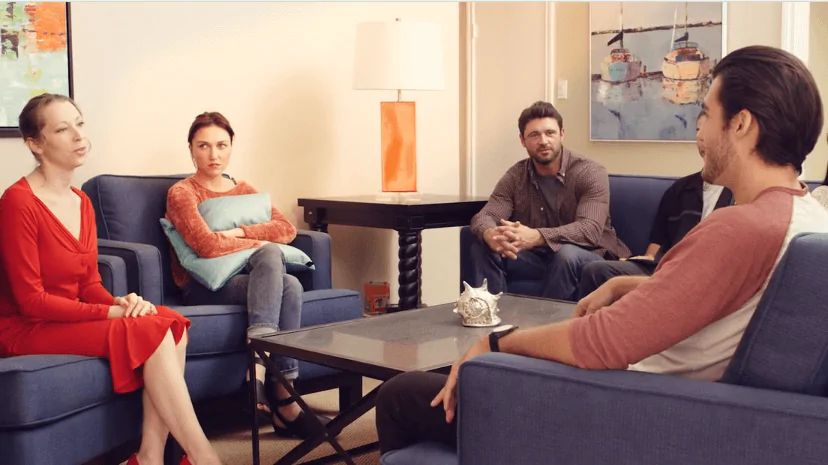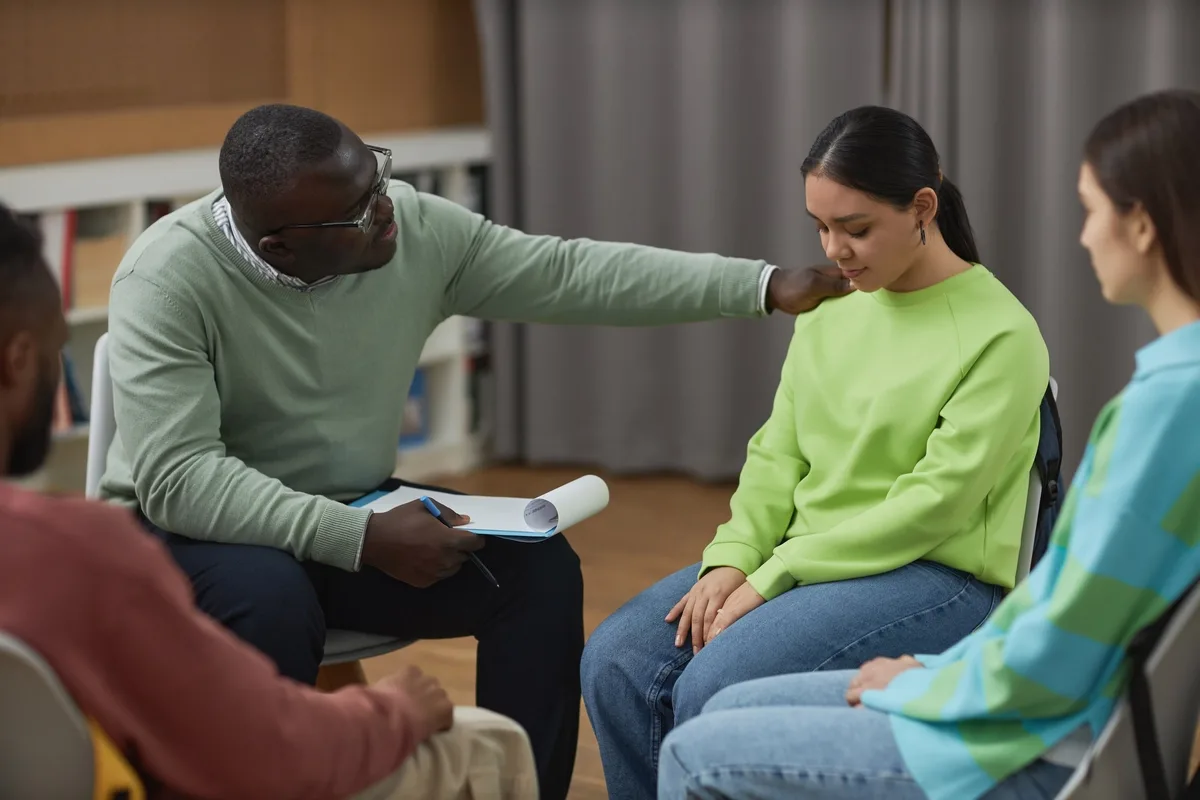24/7 Helpline:
(866) 899-221924/7 Helpline:
(866) 899-2219
Learn more about Bipolar Disorder Treatment centers in Baraga County

Other Insurance Options

Ceridian

Aetna

Humana

MHNNet Behavioral Health

Lucent

Sutter

Regence

Meritain

BlueShield

GEHA

PHCS Network

Ambetter

Coventry Health Care

Sliding scale payment assistance

Oxford

Health Choice

Excellus

Magellan Health

Optum

Multiplan

Keweenaw Bay Indian Community – New Day Treatment Center
Keweenaw Bay Indian Community – New Day Treatment Center is a public rehab located in Lanse, Michiga...















Keweenaw Bay Indian Community Substance Abuse Programs – KBICSAP
Keweenaw Bay Indian Community Substance Abuse Programs (KBICSAP) is a state licensed facility that o...

Copper Country Community Mental Health Services
Copper Country Community Mental Health Services is located in L'anse, Michigan. Copper Country Commu...















